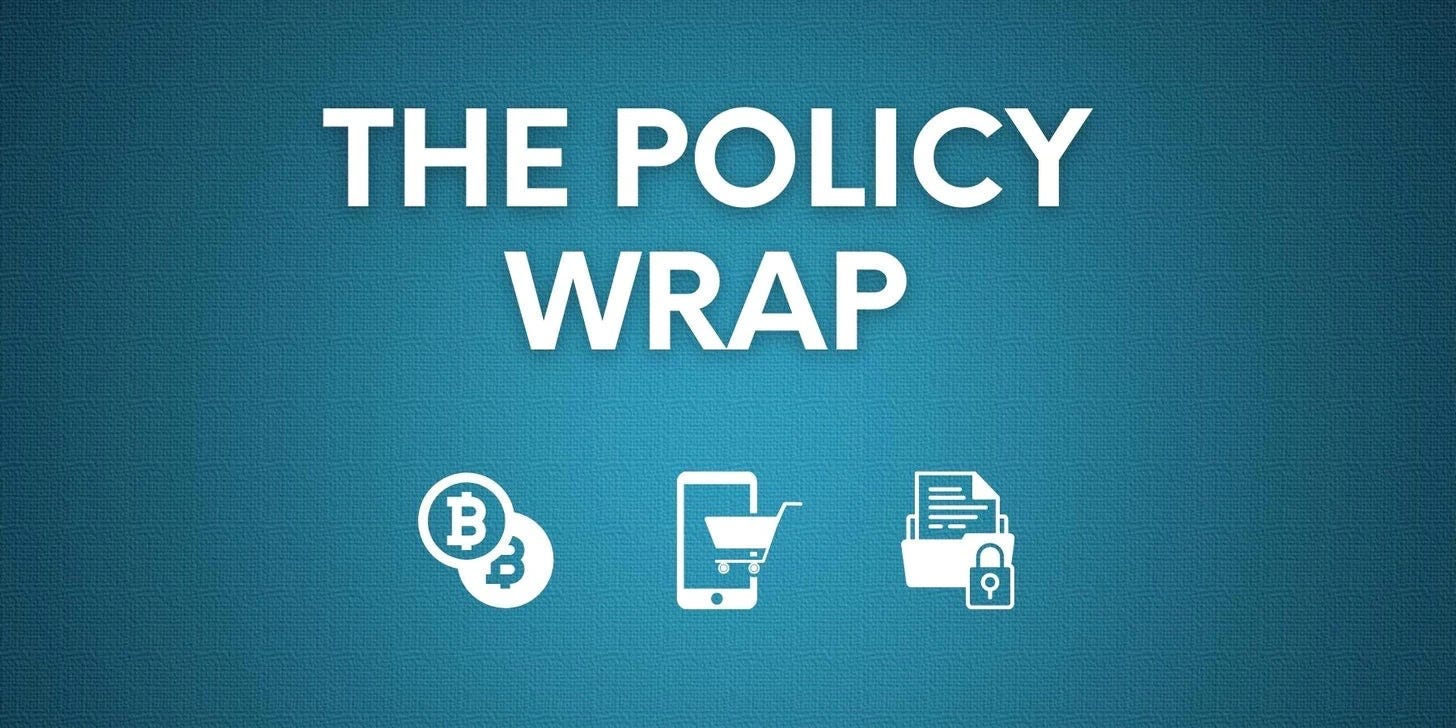Policy Wrap: Microsoft's potentially faces triple anti-trust threat from EU, UK and the US, Startup20 plans to standardize definition of startups globally, and more
Share your feedback and comments with us at office@adif.in
Microsoft's bid to acquire Activision Blizzard faces triple anti-trust threat from EU, UK and the US
Microsoft has embarked on a journey to persuade the EU, UK, and US regulators to support its $69 billion offer to acquire Activision Blizzard, which is the maker of the popular video games such as "Candy Crush" and "Call of Duty."
The initiative to become the third-largest gaming corporation in the world in terms of revenue was started last year, but the tech-giant now needs to address concerns from all three regulators that if it gains control of such market-leading titles, it would hinder competition.
Sony, makers of the PlayStation platform, claims that the agreement will give Microsoft the ability to restrict competitors' access to the well-known franchise. Microsoft claims that doing so would not be financially advantageous.
There is time for the regulators to disagree with one another or with the US Federal Trade Commission (FTC), as the Competition and Markets Authority (CMA) is anticipated to make a decision by April 26 and the EU is anticipated to make a decision by May 22.
The FTC, which filed a lawsuit to stop the merger on the grounds that Microsoft had previously acquired smaller gaming companies to seize the games exclusive, is still a threat to Microsoft in the US.
Startup20 plans to standardize definition of startups globally based on size, revenue and innovation
By early July, the G20 nations hope to have finalised a definition of startups that takes into account the size of the company, income, and innovativeness in order to standardise their assessment and taxation. The first draft of the definition, which is now being worked on by the G20 Startup20 Engagement Group, is anticipated to be made public by May 15, according to officials.
A standardized definition of startups definitely is on the G20 agenda. The problem with a lack of a uniform definition is that it results in inconsistent international value and taxation.
According to the Department for Promotion of Industry and Internal Trade (DPIIT), a company is regarded as a startup for a period of up to ten years following the date of formation if its annual revenue for any of those years has not exceeded Rs 100 crore.
According to some G20 members, notably those from the European Union, startups are organisations with fewer than ten years of existence, innovative in product and business models, and which aims to scale up. All small and medium-sized businesses are referred to as startups in South Korea.
Fintechs bolstering personnel with legal expertise despite stricter rules, fundraising winter and layoffs in startups
As the operating environment becomes more challenging due to stricter laws, a growing number of financial technology firms are bolstering their in-house legal teams despite global headwinds, a prolonged fundraising winter, and layoffs in India's startup industry.
Top executive search companies and industry experts report that fintech startups are looking to employ senior individuals with legal and compliance experience.
According to statistics from executive recruitment company Native, fintechs that strengthened their legal departments accounted for almost one-fourth of the more than 200 senior legal and compliance movements which occured in the financial services sector in the past year.
To manage the complicated and developing rules, fintechs in the areas of loans, payments, investments, trading, insurance, etc., have been aggressively looking for top legal and compliance personnel.
The need for a full-time senior resource is being driven by momentum in public policy, litigation, regulatory affairs, and ESG (environmental, social, and governance standards).
According to analysts, some of the reasons why many of these firms are seeking to expand their legal teams are to include the federal government's increased emphasis on digital payments and the Reserve Bank of India's new digital lending standards.
To address the ongoing regulatory burden, fintech businesses are attempting to rely less on outside counsel and more on internal legal expertise.
There is a growing need for litigators with experience in criminal law, and in-house legal counsel is essential for the creation of novel products.


